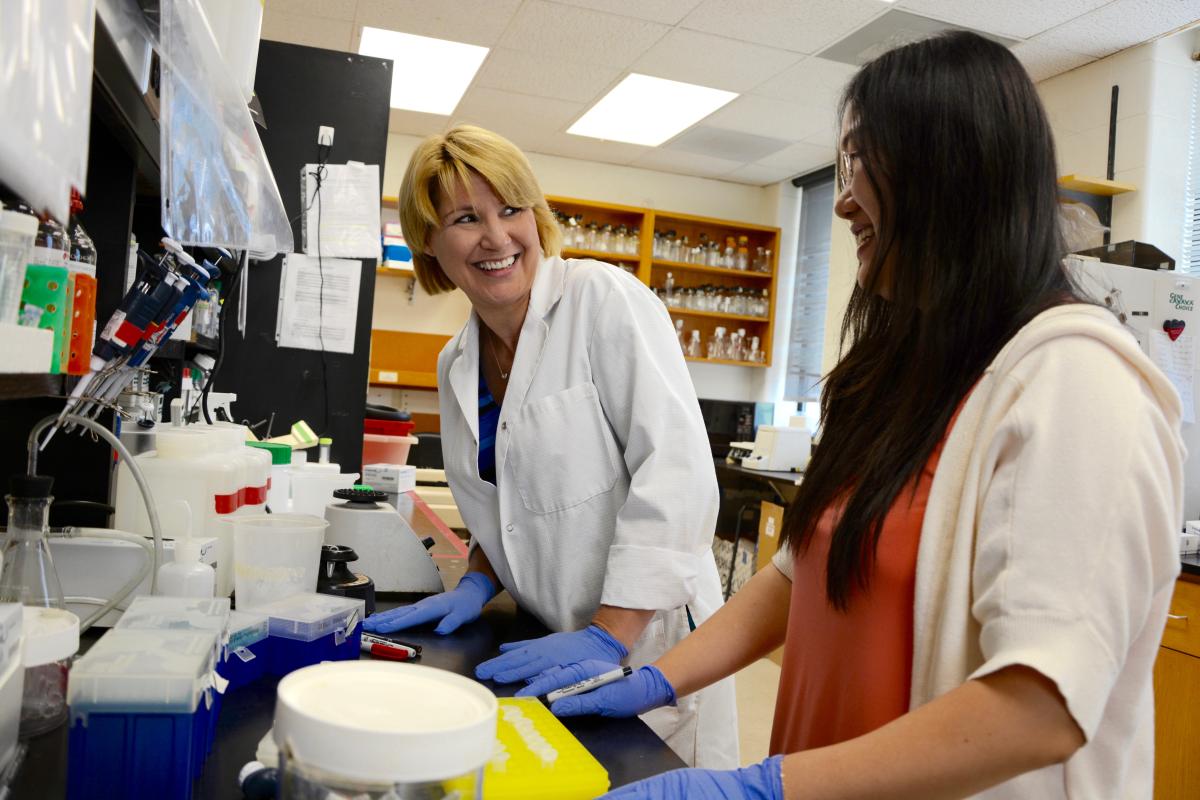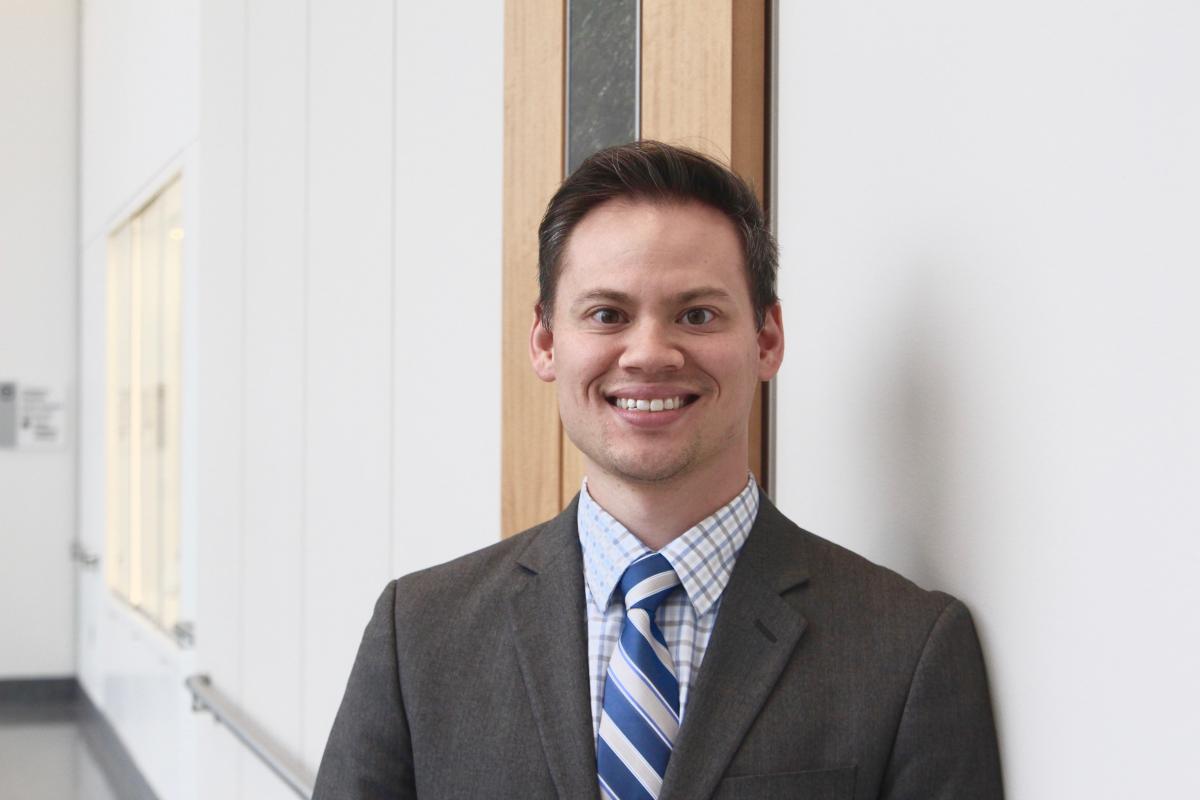Cheryl Woodard, offering encouragement and a helping hand in the workplace
To her colleagues, Duke Cardiovascular Research Center staff assistant Cheryl Woodard embodies what it means to be a part of a team. If a task needs to be done quickly and efficiently, Woodard gets it done. If you need a friend, she is there to listen. Through her three decades at Duke, she has shown to herself and others that no goal is unachievable.
Rymer receives The Mario Family Foundation Award
Jennifer Rymer, MD, MBA, cardiovascular disease fellow, will receive The Mario Family Foundation Award, which supports junior investigators in training in the Department of Medicine to make the transition to become independent scientists and planning for their first extra-mural funding.
Rockman Lab promotes positivity and persistence in research
Since 1990, the Rockman Lab has utilized the power of teamwork, positivity, and creative thinking in their investigation of the molecular mechanisms of hypertrophy and heart failure.
9 from Medicine honored at 2017 Spring Faculty Meeting
Nine Department of Medicine faculty were recognized with awards at the School of Medicine's annual Spring Faculty Meeting on May 8.
William Kraus awarded distinguished professorship
William Kraus, MD, professor of medicine (cardiology), was one of four faculty in the School of Medicine to be awarded a distinguished professorship.
School selects additional Duke Health Scholars and Fellows
The Duke School of Medicine has selected additional faculty members for the Duke Health Scholars and Duke Health Fellows Program. Among the faculty honored are six individuals from the Department of Medicine.
Staff Q&A: Duke Cardiology welcomes new division administrator, Nick Nguyen
This spring the Duke Department of Medicine welcomed its new division administrator, Nick Nguyen, MHA, into the division of cardiology. Nguyen is originally from Wilson, NC. Read more about Nguyen's interest in Duke Cardiology, his first impressions of Duke, and his love for classical music and opera.
Four Medicine faculty to receive the Duke Strong Start New Physician-Scientist Award
Four Medicine faculty are among the first round of recipients of the Duke Strong Start New Physician-Scientist Award.
Meet your chief resident: Adam Banks, MD
Adam Banks, MD, is the chief resident for internal medicine at the Durham VA Medical Center. Dr. Banks helps run the general medicine service at the VA, plans Medicine Grand Rounds and, teaches residents, which he says is his favorite part of the job.
Banks earned his undergraduate degree at Vanderbilt University and attended the University of Texas Medical School at Houston. He will resume his fellowship in cardiovascular disease at the end of year. Keep reading to learn more about his teaching philosophy, his love for residency and how he ended up at Duke.
Joseph Rogers to be interim chair of the Department of Medicine
Mary Klotman, MD, chair of the Department of Medicine, announced today that Joseph Rogers, MD, professor of medicine in the Division of Cardiology, has agreed to serve as interim chair of the Department of Medicine upon Dr. Klotman's becoming dean of the School of Medicine, effective July 1, 2017.



